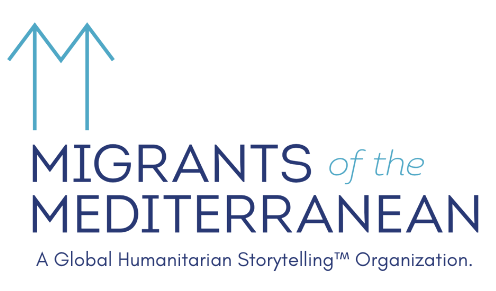MotM Update
Libya Dispatch: Berlin Talks Conclude, Volatility Remains
by Pamela Kerpius
Italy Correspondent & Founder
With Nick O’Connell contributing.
23 January 2020
Last Sunday, 19 January, European and world leaders met in Berlin to seek peace options in Libya. The talks, unfortunately, spell little or no relief for the embattled North African country, neither ameliorating the precariousness for migrants still stranded there, nor creating a precedent for which stemming the flow of migration may begin––the most prominent cause European leaders for years have aimed to achieve.
Striking, is that Libyan leader Fayez al-Sarraj of the UN-recognized Government of National Accord (GNA) and opposing warlord Khalifa Haftar of the Libyan National Army (LNA) each attended yet did not participate, nor even face each other in the same room.
Instead, while the talks took place, Haftar’s own military maintained its offensive on the ground in Tripoli, undermining the talks and breaking the ceasefire previously brokered earlier in the month with Turkey and Russia.
With this, the European and American presence at the talks seemed merely ceremonious rather than of actionable substance, driven even by a heavy conscience after years of very visibly ignoring the matter. Indeed, the 55-point UN-drafted deal signed among participating nations––including an arms embargo––is non-binding.
For migrants stuck in the war torn nation, this means the outstanding threat of violence and exploitation, and the no-choice choice to either attempt the dangerous Mediterranean crossing or perish on land there in Libya.
Migrants of the Mediterranean subjects say it again and again about the dangers of Libya: you either cross the sea or you die.
“They take us Black people as animals to kill anytime,” said Philip (Nigeria), about his experience in Libya before he was rescued and taken to Lampedusa in 2017.
Prince (Nigeria), who after his first attempt to reach Italy failed when his boat capsized in 2016, and was then returned to Libyan prison, told Migrants of the Mediterranean in 2017, “The more I remember, the more I cry.”
This is the legacy of Libya from the vulnerable people who have survived to speak of it, yet there are thousands more still stranded.
According to UNCHR, over 4,700 people remain detained in Libyan prison camps and thousands more are at risk of being caught in the country’s civil war cross fire while they travel towards the Mediterranean Sea.
At the first day of the World Economic Forum in Davos, Switzerland this week, just two days after the Berlin-Libya summit concluded, climate activist Greta Thunberg called out the empty promises of nations pledged to reduce carbon emissions, saying in fact nothing had changed in the years of her activism. She said, “Our house is still on fire.”
To borrow this voice of accountability, Migrants of the Mediterranean can say that with the too-little-too-late show of European nations in Berlin last weekend, and with Haftar’s audacious missile attack at Mitiga, Tripoli’s last functioning airport just one day ago, Libya too is still on fire.
The quicker we recognize this, the quicker we may find solutions in helping humanity.
Until then, Migrants of the Mediterranean remains on the front line, to give a face and voice to those whose humanity has been de-prioritized over politics. To elevate the migration discourse squarely in human terms.
Next week, we launch our new series Through Their Eyes, where we hand over the MotM Instagram account to Pazi, Philip, Fabulous, and more who will tell us through their own words and pictures what realities they face as migrants in Italy, and indeed as those in the shadowy legacy of Libya’s abuses.
Start following now and look for more announcements to come.

